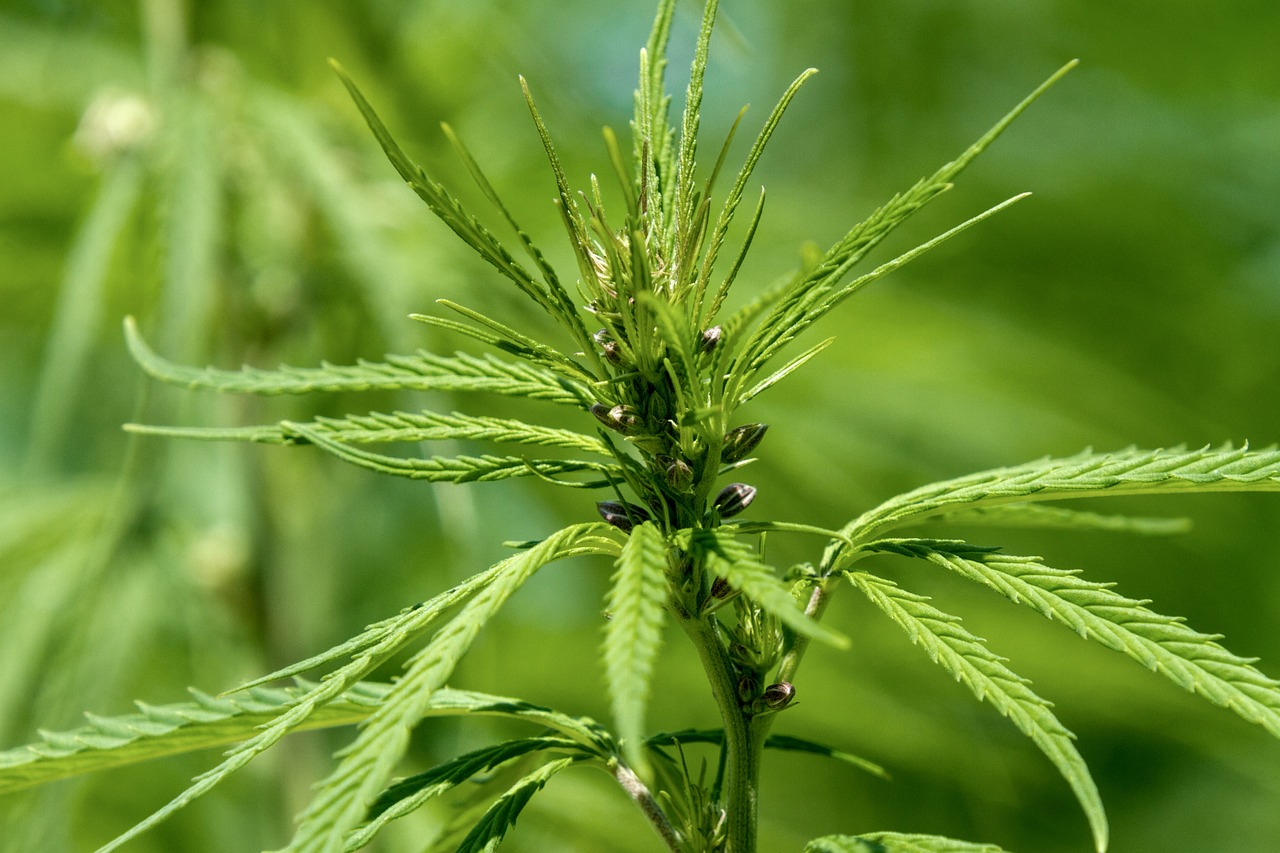In recent years, the exploration of cannabis compounds has gained significant momentum, with THCA emerging as a compound of interest. As the precursor to THC, THCA offers a range of potential benefits without the psychoactive effects commonly associated with cannabis. This article delves into the power of THCA flower for natural healing, exploring its properties, benefits, and potential applications.
Understanding THCA
THCA, or tetrahydrocannabinolic acid, is a non-psychoactive cannabinoid found in raw cannabis plants. Unlike THC, which is known for its mind-altering effects, THCA does not produce a high. This distinction makes it an attractive option for those seeking the therapeutic benefits of cannabis without the psychoactive experience.
Formation and Conversion
THCA is the acidic form of THC and is found in abundance in fresh cannabis. When cannabis is exposed to heat through smoking, vaping, or cooking, THCA undergoes decarboxylation, converting into THC. This process is what activates the psychoactive properties of cannabis. In its raw form, THCA remains non-psychoactive, allowing users to experience its benefits without intoxication.
Potential Health Benefits
Research into THCA is still in its early stages, but preliminary studies and anecdotal evidence suggest a range of potential health benefits. These include:
- Anti-inflammatory Properties: THCA has shown promise in reducing inflammation, which could be beneficial for conditions such as arthritis and other inflammatory diseases.
- Neuroprotective Effects: Some studies suggest that THCA may have neuroprotective properties, potentially aiding in the treatment of neurodegenerative diseases like Alzheimer’s and Parkinson’s.
- Anti-emetic Benefits: THCA may help reduce nausea and vomiting, making it a potential option for patients undergoing chemotherapy or those with chronic nausea.
- Appetite Stimulation: Similar to THC, THCA may help stimulate appetite, which can be beneficial for individuals with conditions that cause appetite loss.
Case Studies and Research
While comprehensive clinical trials are limited, several studies and case reports highlight the potential of THCA:
Anti-inflammatory Effects
A study published in the British Journal of Pharmacology explored the anti-inflammatory properties of THCA. The research indicated that THCA could reduce inflammation in animal models, suggesting potential applications for inflammatory conditions in humans.
Neuroprotective Potential
Research conducted by the University of Barcelona examined the neuroprotective effects of THCA. The study found that THCA could protect neurons from oxidative stress, a key factor in neurodegenerative diseases. These findings open the door for further exploration into THCA’s role in brain health.
Practical Applications
THCA’s non-psychoactive nature and potential health benefits make it an appealing option for various applications:
- Raw Cannabis Juicing: Consuming raw cannabis through juicing allows individuals to intake THCA without the psychoactive effects. This method preserves the compound’s integrity and potential benefits.
- Topical Applications: THCA-infused creams and balms can be applied directly to the skin, offering localized relief for inflammation and pain.
- Dietary Supplements: THCA is available in supplement form, providing a convenient way to incorporate its benefits into daily routines.
Legal Considerations
The legal status of THCA varies by region, often depending on cannabis laws. In areas where cannabis is legal, THCA products are generally available. However, in regions with strict cannabis regulations, access to THCA may be limited. It’s important for consumers to understand local laws and regulations before purchasing or using THCA products.
Conclusion
THCA represents a promising frontier in cannabis research, offering potential therapeutic benefits without the psychoactive effects of THC. As research continues to unfold, the understanding of THCA’s properties and applications will likely expand, providing new opportunities for health and wellness. Whether through raw consumption, topical use, or supplements, THCA holds the potential to unlock nature’s benefits in a unique and impactful way.
